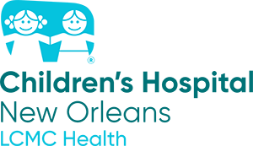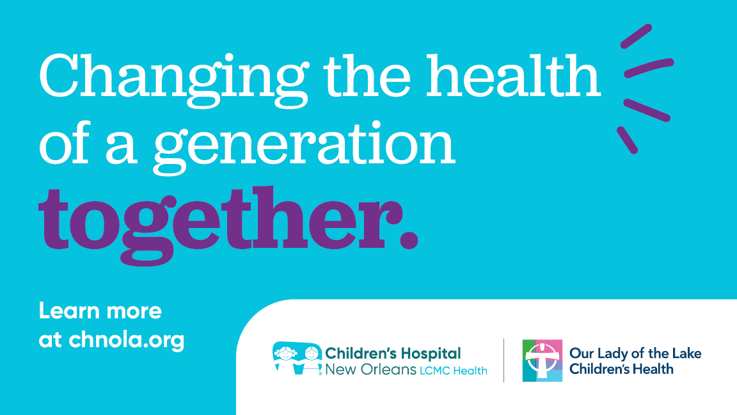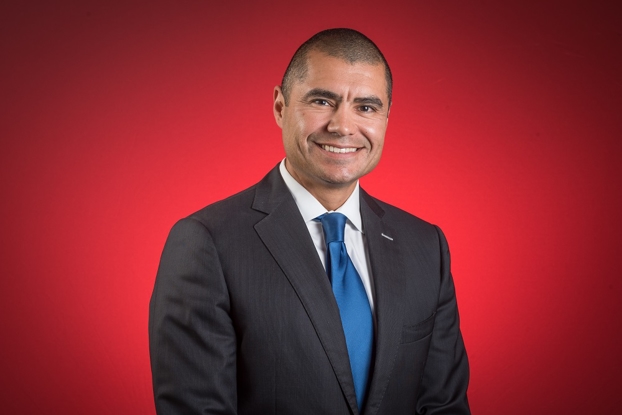Keeping the fun in fireworks
- Posted on:
- Written By: Dr. Isabel Remedios

Did you know: The majority of firework-related injuries are caused by bottle rockets, sparklers, and Roman candles?
While the most serious injuries occur with illegal firecrackers, such as M-80s, each year thousands of Americans — many of them children — are injured in incidents associated with fireworks.
According to the National Council of Fireworks Safety, most of these injuries occur during the Fourth of July holiday and include serious burns, loss of fingers, and sometimes blindness.
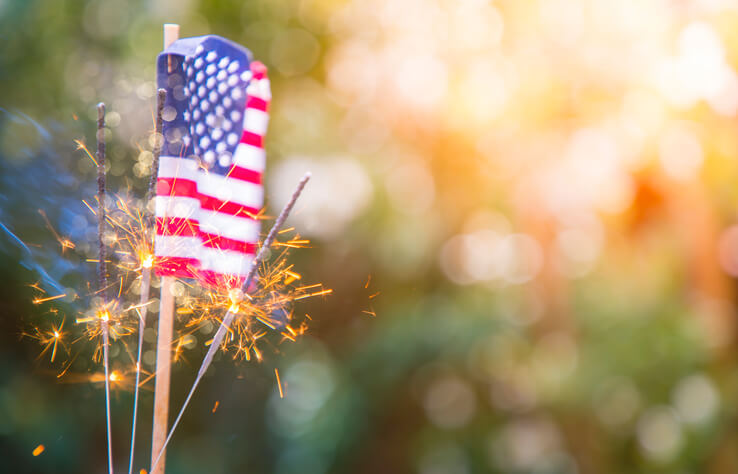 How to Practice Fireworks Safety
How to Practice Fireworks Safety
Viewing public displays handled by professionals is the safest way to enjoy fireworks on the Fourth of July or any other day. Even then, keep a safe distance away.
If you plan to celebrate the holiday with your own fireworks, Dr. Isabel Remedios, Pediatrician with Children’s Pediatrics in River Ridge, says following these precautions can help prevent injuries:
- Don’t let children play with the fireworks.
- Never place any part of your body over a fireworks device.
- Make sure anyone who handles fireworks wears safety goggles to protect the eyes from flying sparks or debris.
- Don’t use bottle rockets. Their flight paths are often erratic, and rocket launchers sometimes explode, sending pieces of glass or metal flying.
- Don’t consume alcohol when using fireworks.
- Read the cautionary labels.
- Don’t try to re-light fireworks that have not worked properly.
- Keep a bucket of water or a garden hose handy in case of malfunction or fire.
- Be sure other people are out of range before lighting fireworks.
- Follow label directions.
- Ignite fireworks outdoors.
- Light only one at a time.
- Buy from reliable fireworks sellers.
- Never give fireworks to small children.
- Never carry fireworks in your pocket.
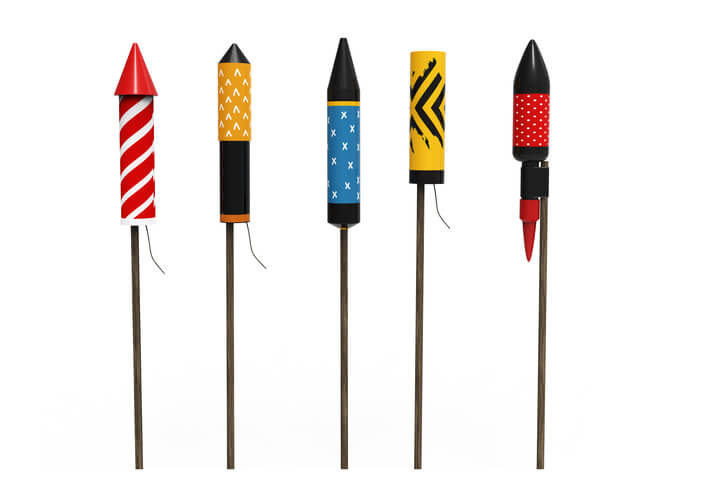
What to do in case of an injury?
“Stay calm,” Dr. Remedios says. If your child is injured by fireworks, stay calm and quickly assess his or her injury. Burns are typically the most common fireworks-related injury to all parts of the body, and there are 3 common types:
Superficial burns (look dry and red like a “sunburn”) can be treated at home with cool water, gentle cleansing, and acetaminophen and/or ibuprofen for pain.
Partial thickness burns (appear red and blistered) are very painful and should be evaluated by a medical professional. Home remedies, such as butter and mayonnaise, should not be used.
Full thickness burns (look white, waxy or charred) may be painless and need to be evaluated in an emergency or burn center immediately.
If an accident injures someone’s eyes, take these steps to help protect the victim’s sight:
- Don’t delay medical attention, even if the injury seems minor.
- Don’t attempt to rinse out the eye. This can be very damaging.
- Avoid putting pressure on the eye. Avoid touching the injury.
- Don’t give the victim aspirin or ibuprofen to try reducing the pain. These thin the blood and might increase bleeding.
- Don’t apply ointment or any medication. It’s probably not sterile.
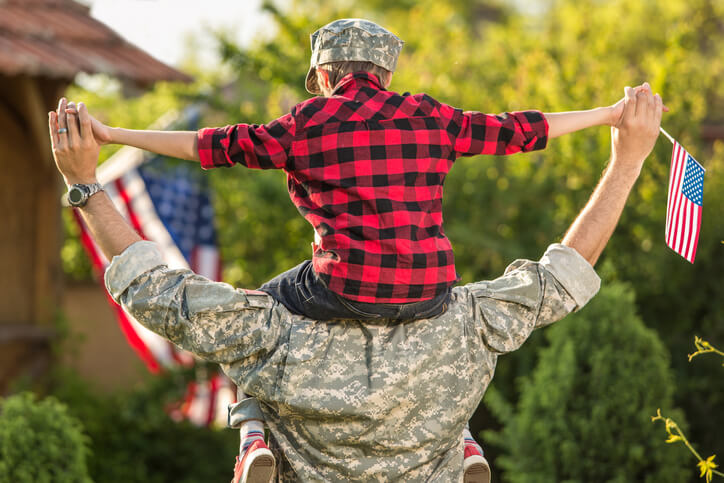
About Dr. Isabel Remedios
 Dr. Isabel Remedios specializes in general pediatrics at Children’s Pediatrics, a subsidiary of Children’s Hospital New Orleans. After earning her medical degree from Louisiana State University (LSUHSC) School of Medicine in New Orleans, Dr. Remedios completed a pediatric residency at Children’s Hospital in New Orleans. One of the most gratifying aspects in her medical career is to have parents entrust their children’s care and to develop relationships with her patients and their families.
Dr. Isabel Remedios specializes in general pediatrics at Children’s Pediatrics, a subsidiary of Children’s Hospital New Orleans. After earning her medical degree from Louisiana State University (LSUHSC) School of Medicine in New Orleans, Dr. Remedios completed a pediatric residency at Children’s Hospital in New Orleans. One of the most gratifying aspects in her medical career is to have parents entrust their children’s care and to develop relationships with her patients and their families.
